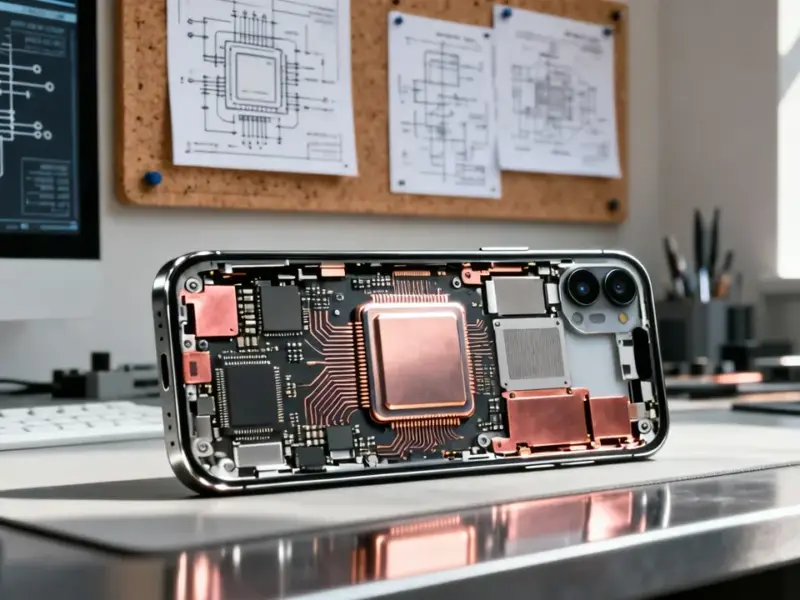According to Phoronix, 3mdeb has achieved good progress porting Coreboot with OpenSIL to AMD’s upcoming Turin motherboard platform, marking a significant step toward open source firmware on future AMD EPYC servers. Meanwhile, Coreboot has issued a formal rebuttal addressing recent controversy surrounding laptop vendor implementations, specifically pushing back against claims about their project’s limitations and development practices. The developments come as open source firmware gains increased attention from both enterprise customers and hardware manufacturers. 3mdeb’s work represents one of the first public demonstrations of Coreboot running on AMD’s next-generation server architecture. Coreboot’s response aims to clarify misconceptions while defending the project’s approach to working with hardware vendors.
Open Source Server Momentum
Here’s the thing about 3mdeb’s progress with AMD Turin – this isn’t just another port. AMD’s server business has been absolutely crushing it lately, and bringing Coreboot to their next-generation platform could be huge for data center operators who want more control over their firmware stack. We’re talking about potentially breaking the BIOS/UEFI duopoly that’s dominated servers for decades. And let’s be honest – who doesn’t want more transparency in the code that runs before your operating system even loads?
But there’s a catch, right? Server vendors have been notoriously conservative about firmware changes. They want stability above all else. So the real test will be whether any major server OEMs actually ship Turin systems with Coreboot instead of their traditional firmware. 3mdeb is showing it’s technically possible, but commercial adoption is a whole different ball game.
<h2 id="coreboot-fights-back“>Coreboot Fights Back
Now about that Coreboot rebuttal – this feels like a project that’s tired of taking heat for vendor implementations. Basically, Coreboot is saying “hey, don’t blame us for what laptop makers do with our code.” And they have a point. When you provide open source tools, you can’t always control how companies implement them. Some vendors might strip out features or make questionable design choices, then people blame the underlying project.
I think this reflects a growing tension in open source hardware. Projects like Coreboot want to maintain their reputation while hardware vendors need to meet their own business requirements. Sometimes those goals don’t align perfectly. The question is whether Coreboot can maintain its principles while still being practical enough for widespread adoption.
What This Means For Users
For regular users? Probably not much immediate change. But for enterprises and developers working with servers, the AMD Turin progress could eventually mean more firmware options and potentially better security auditing capabilities. Open source firmware lets you see exactly what code is running at the most privileged levels of your system.
And for the laptop situation? Coreboot’s pushback might lead to clearer expectations about what constitutes a “good” Coreboot implementation. That could benefit everyone from individual buyers to large-scale deployments. The challenge is balancing openness with the reality that most people just want their computers to work without thinking about firmware.
Bigger Picture
Look, we’re seeing open source slowly but surely eating more of the computing stack. First it was operating systems, then applications, now we’re working our way down to firmware and even hardware designs. Michael Larabel at Phoronix has been covering this space for years, and the progress is undeniable.
Will 2024 be the year open source firmware goes mainstream? Probably not entirely. But between AMD server progress and Coreboot defending its turf, the momentum is clearly building. And that’s good news for anyone who believes we should have more control and transparency over the technology we depend on every day.




